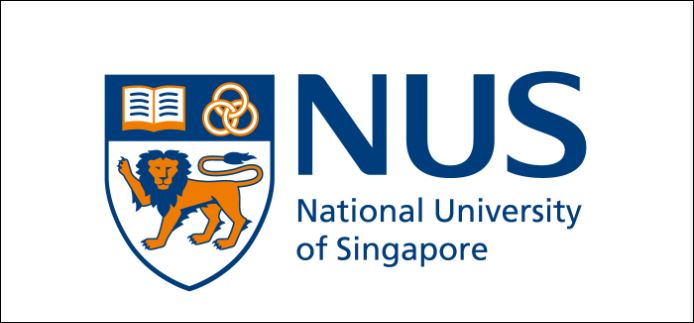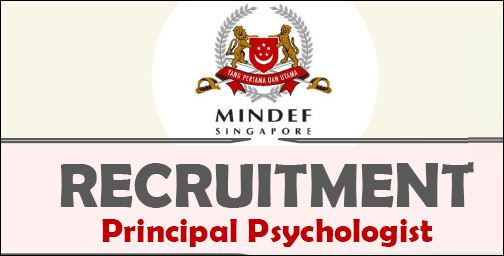Find Our Members & Registered Psychologists
Upcoming Event
Trauma Education with Dr Leah Giarratano. Online offerings in 2021-2022
 30/06/2021 - 01/07/2022
30/06/2021 - 01/07/2022
[Ad] National Council of Social Service (NCSS) presents: Fast-track your professional development through the Sun Ray scheme!
 22/01/2022 - 22/03/2022
22/01/2022 - 22/03/2022
[Ad] CBT Australia presents Online Training Workshops in 2022!
 07/02/2022 - 08/03/2022
07/02/2022 - 08/03/2022
[Ad] IMH presents a Mood Disorders updates webinar for health care professionals!
 08/02/2022 - 19/02/2022
08/02/2022 - 19/02/2022
What’s Happening?
Upcoming Events
Training & Development
Career Opportunities











